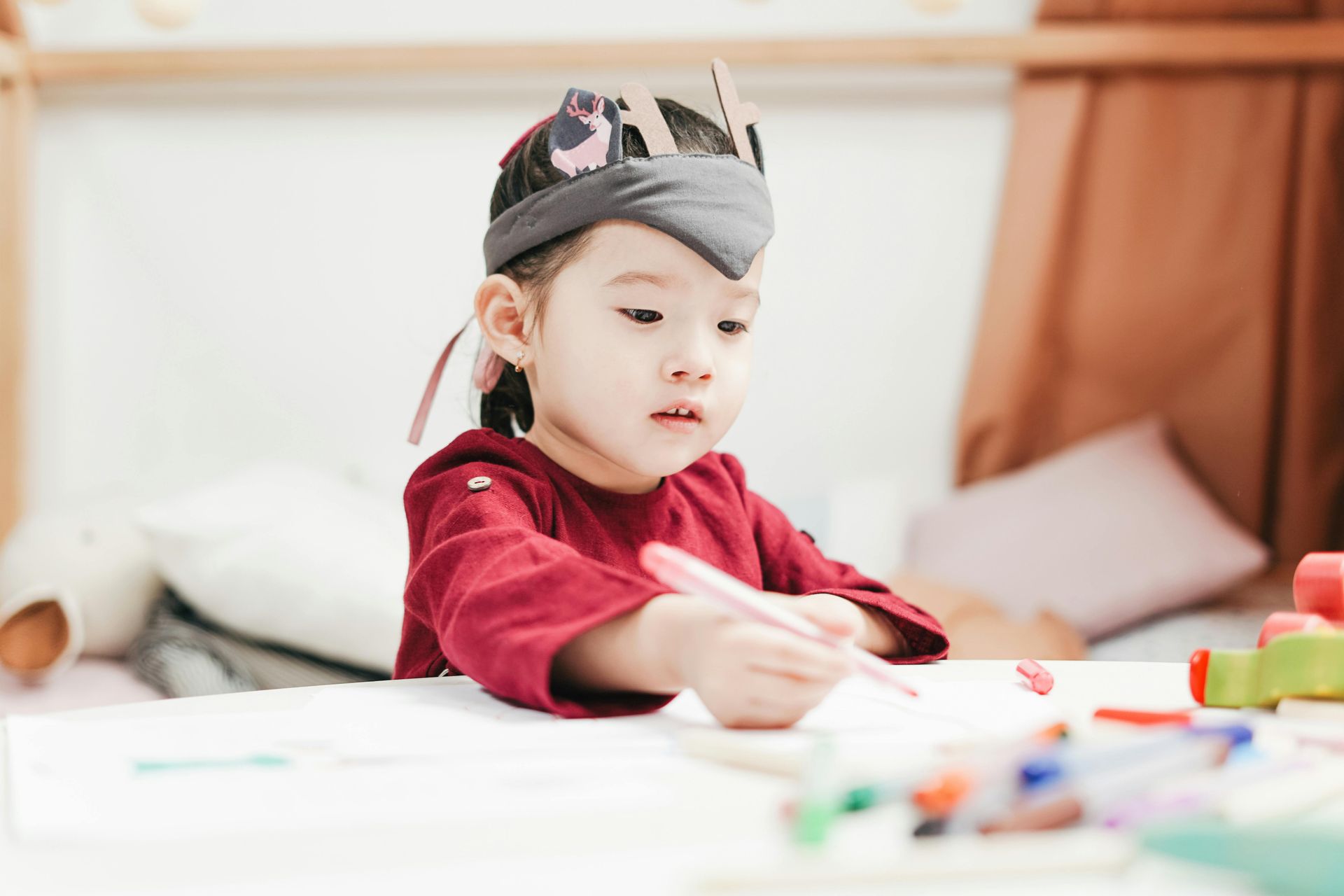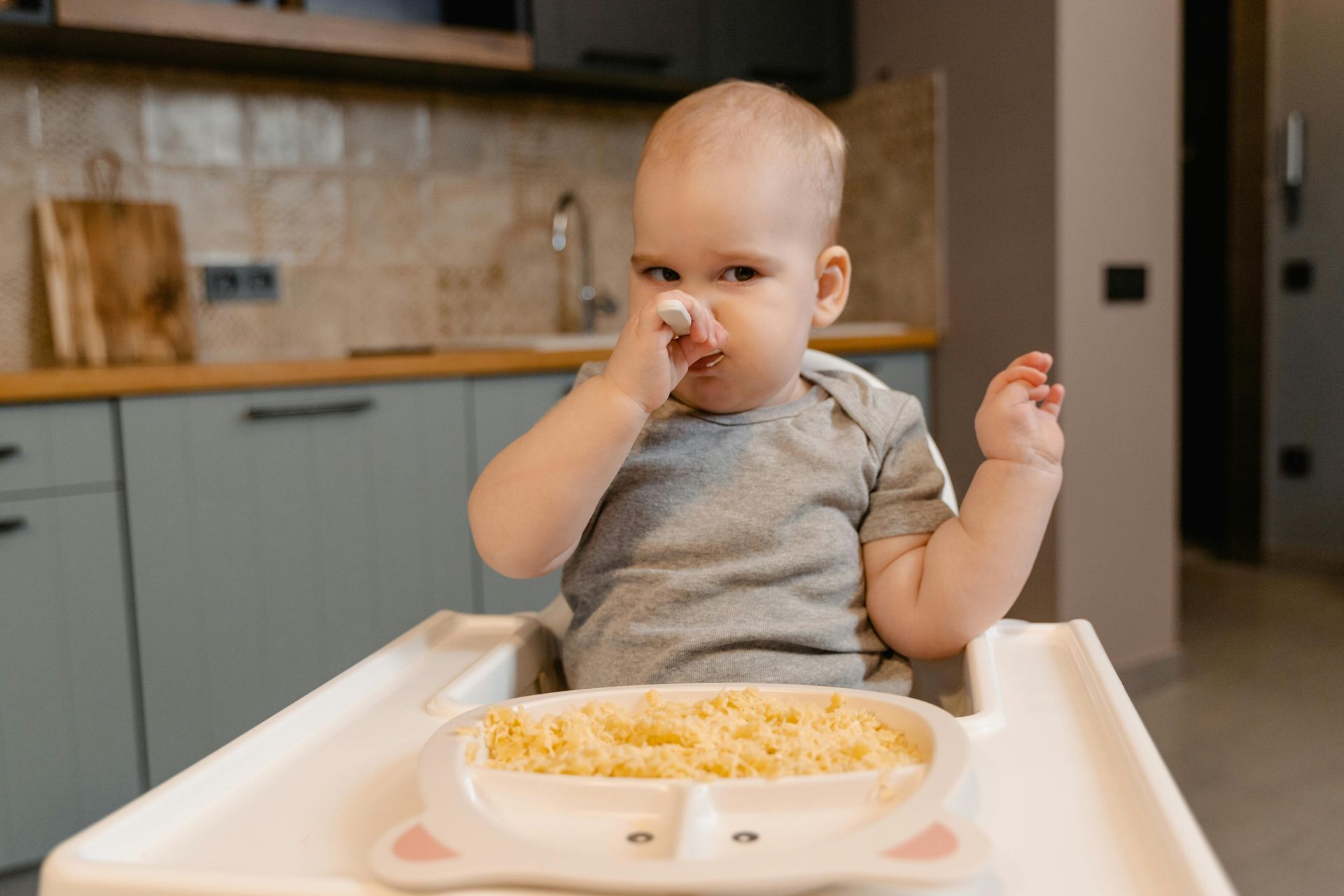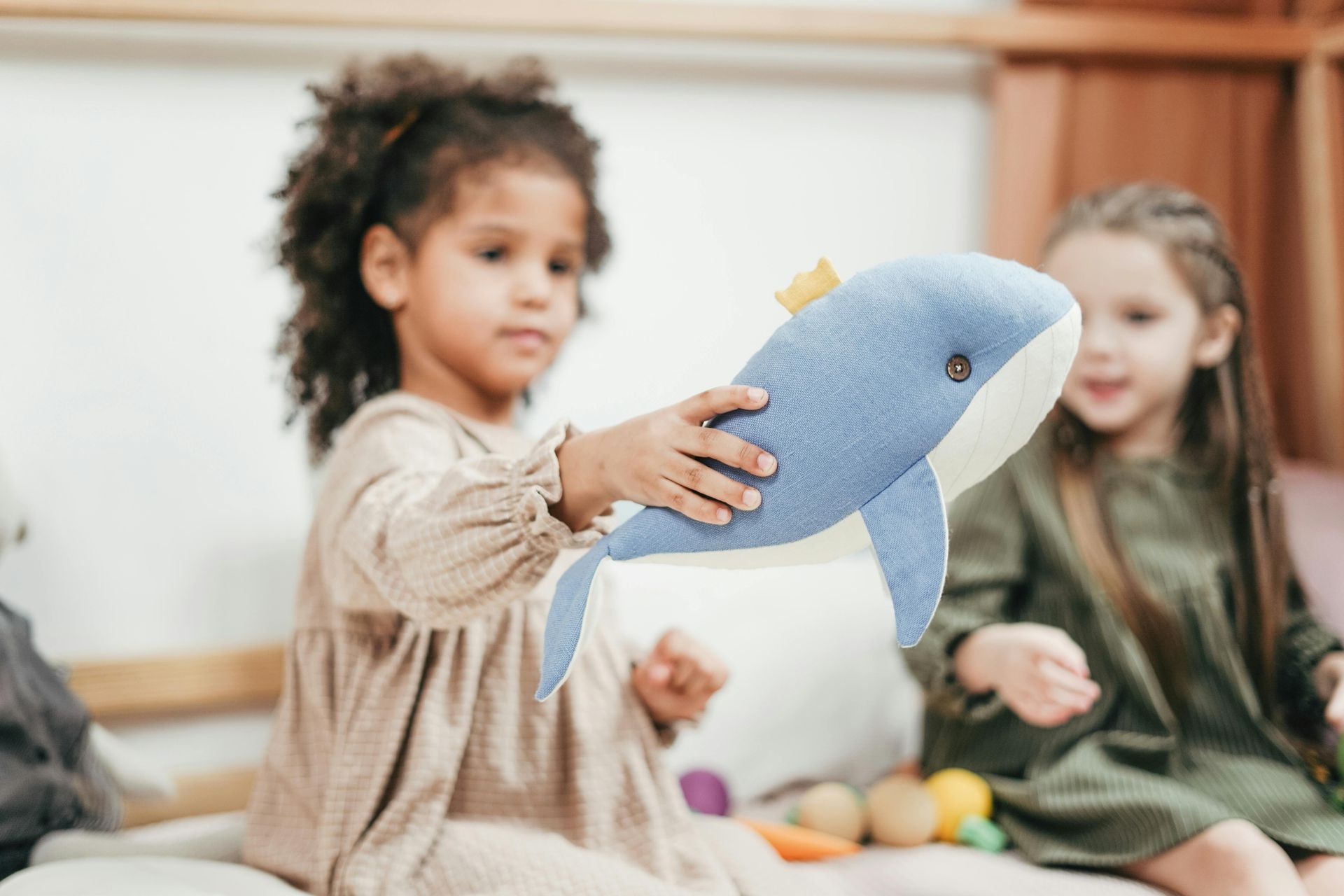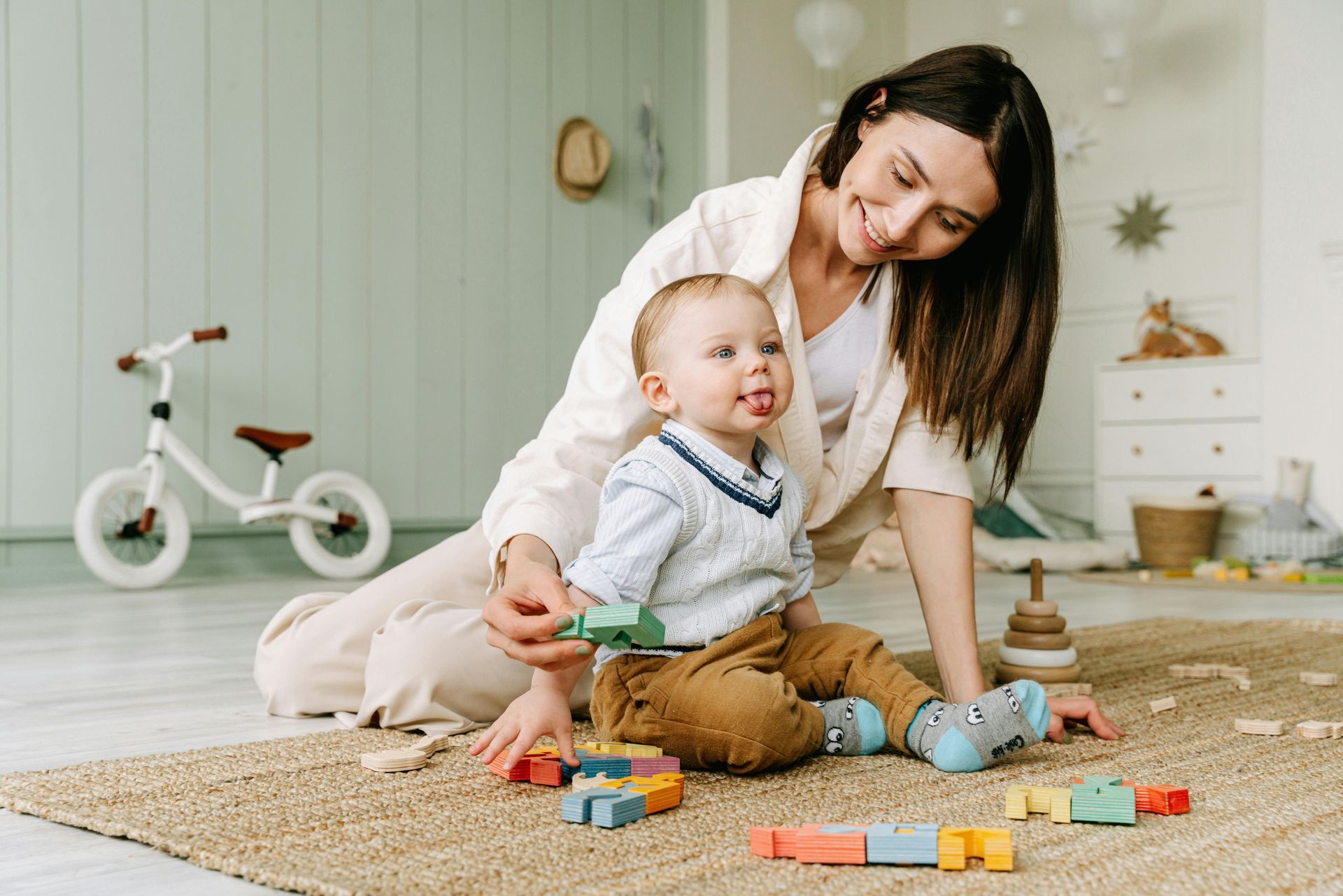Why Routine and Structure Matter in Early Childhood Development
At Welbourne Avenue Nursery, we strike a delicate balance between flexibility and structure. While we encourage creativity, exploration, and child-led play, we also recognize the immense value of predictable routines and consistency in early childhood development.
What Is a Daily Routine?
A routine is a sequence of events that happens regularly and predictably. In our setting, this includes:
- Morning welcome and check-in
- Circle time
- Free play and learning centers
- Outdoor exploration
- Snack and mealtime rituals
- Rest time
- Closing routines and goodbyes
Each part of the day flows logically and consistently, giving children a reliable rhythm to follow.
How Routines Support Learning
Routines do more than keep the day organized. They provide:
- Security: Knowing what comes next helps children feel safe and in control.
- Independence: Familiar patterns allow children to take initiative, like putting on shoes or cleaning up.
- Cognitive Development: Routines support memory, sequencing, and problem-solving.
- Behavior Regulation: Consistent transitions reduce stress and help children move smoothly from one activity to the next.
A well-structured day sets the stage for optimal learning and emotional growth.
Visual Schedules and Predictability
We use visual schedules in every classroom. These charts use pictures and symbols to show the day’s events, helping even our youngest learners understand time and transitions.
Children refer to these visuals on their own, building autonomy and time awareness. When a routine changes, we explain it clearly and support children in adapting, helping them learn flexibility in a secure context.
Supporting Transitions
Transitions can be tough for young children. We make them easier by:
- Giving advance notice before changes
- Using songs, claps, or chants as cues
- Having consistent rituals for starting or ending parts of the day
- Offering choice within transitions (e.g., “Would you like to walk or hop to your next activity?”)
These strategies reduce anxiety and empower children to move through the day with confidence.
Routines and Emotional Development
A predictable environment helps children:
- Manage big feelings
- Build trust with adults
- Develop patience and anticipation
- Strengthen their sense of time and rhythm
Emotional security is often rooted in knowing what to expect. Our daily routines are calming, stabilizing anchors that allow children to thrive.
The Home Connection
We encourage families to create and maintain simple routines at home to reinforce what we do at the nursery. This might include:
- Regular morning and bedtime rituals
- Consistent mealtimes
- Predictable transitions (e.g., screen time before homework or reading before sleep)
Consistency at home and school helps children feel grounded, improves behavior, and supports the development of lifelong habits.
Final Thoughts
Children flourish in environments that are both responsive and reliable. At Welbourne Avenue Nursery, our well-planned routines give children the security they need to explore, create, and grow — every single day.











